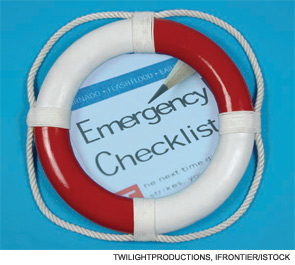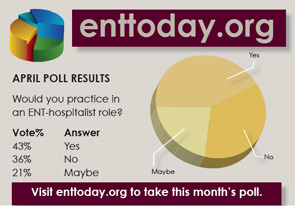What’s more important, your computer’s hardware or its software? You tell me: What’s more important, your heart or your lungs? Obviously, if you’re going to function, you need both. The same is true for electronic medical record (EMR) and electronic health record (EHR) software: Your hardware is mission-critical to the success of your electronic records, and this is not the place to compromise.








